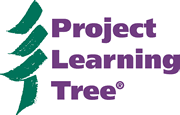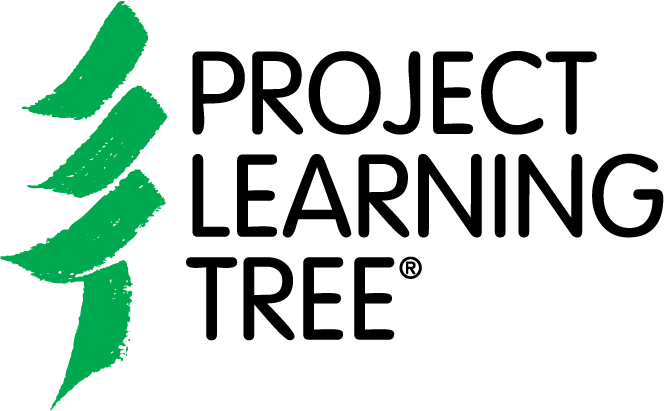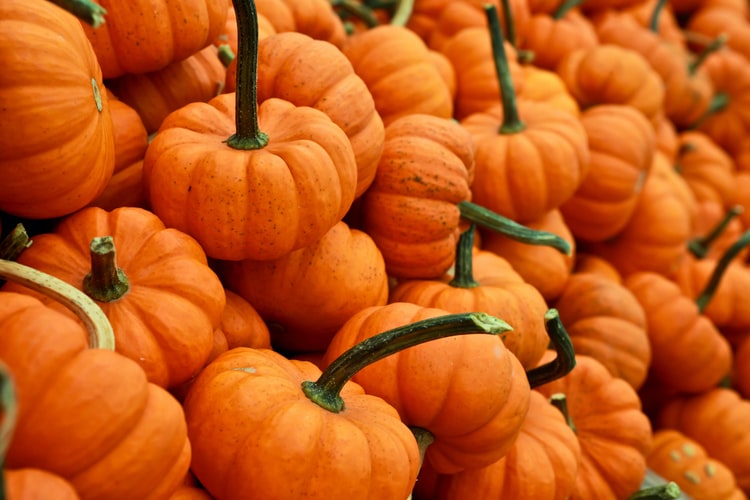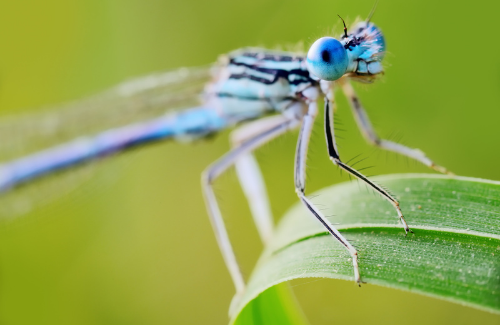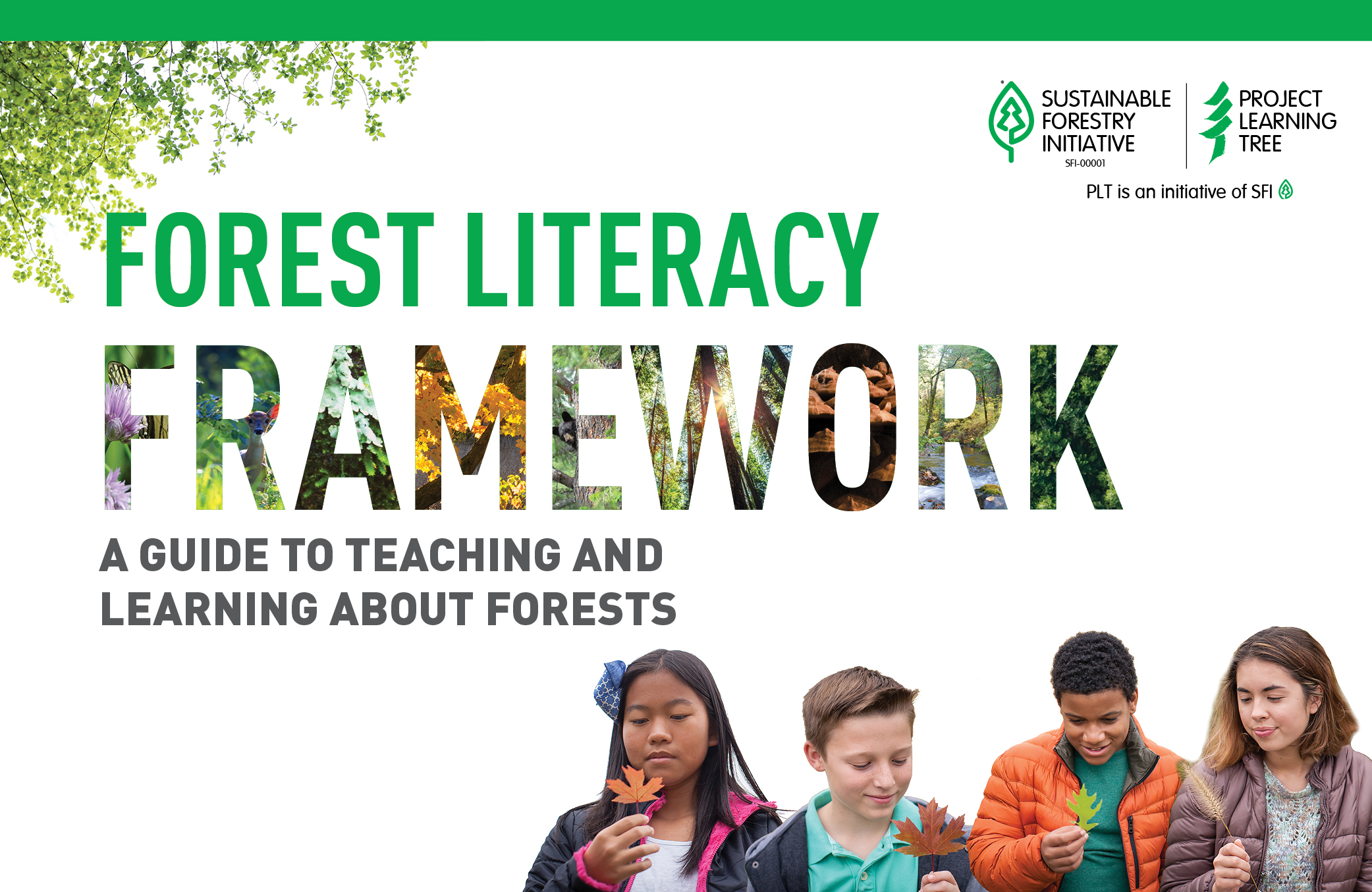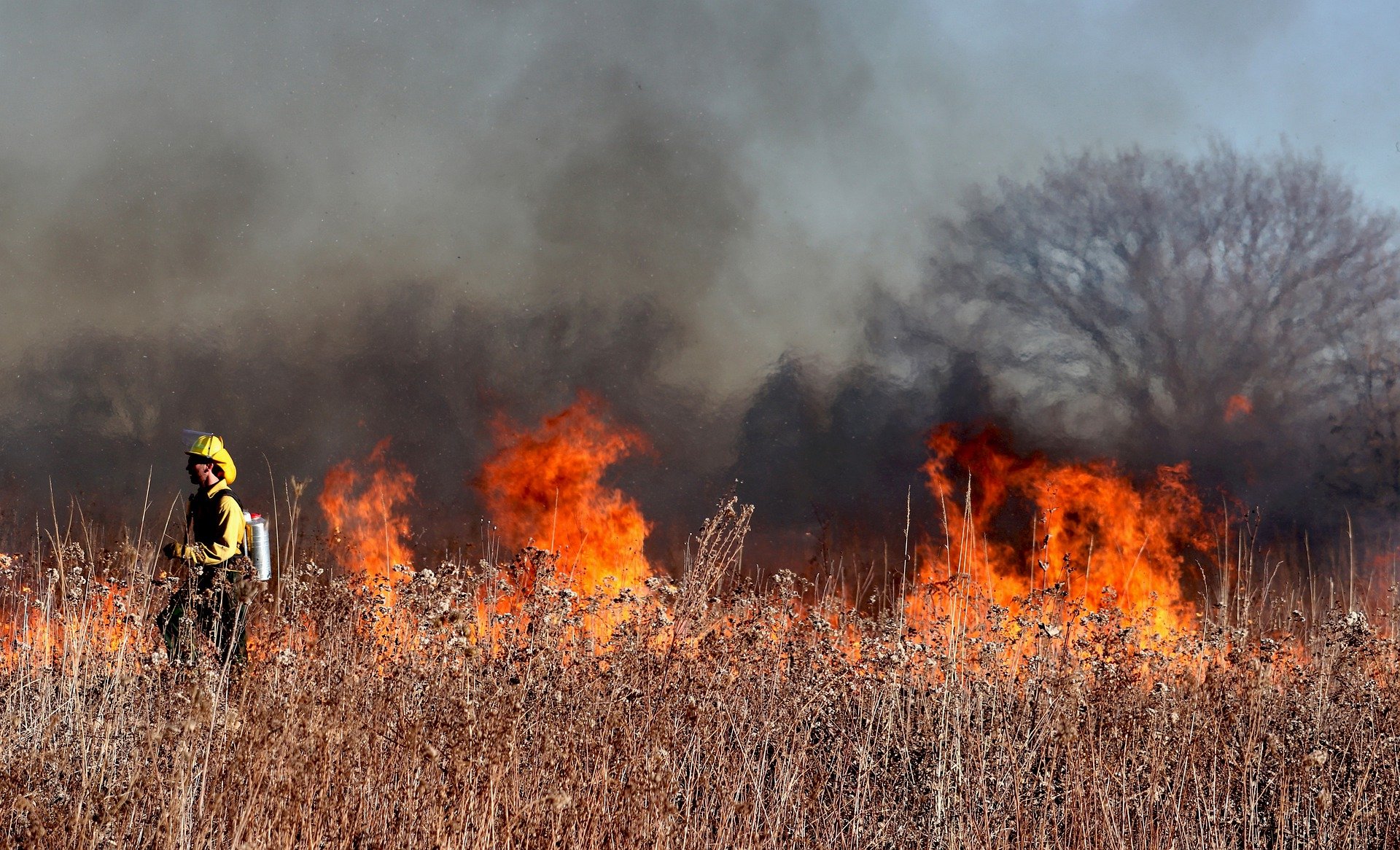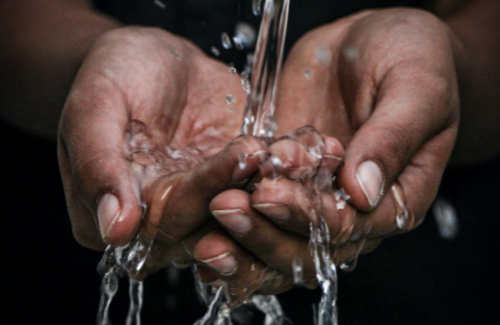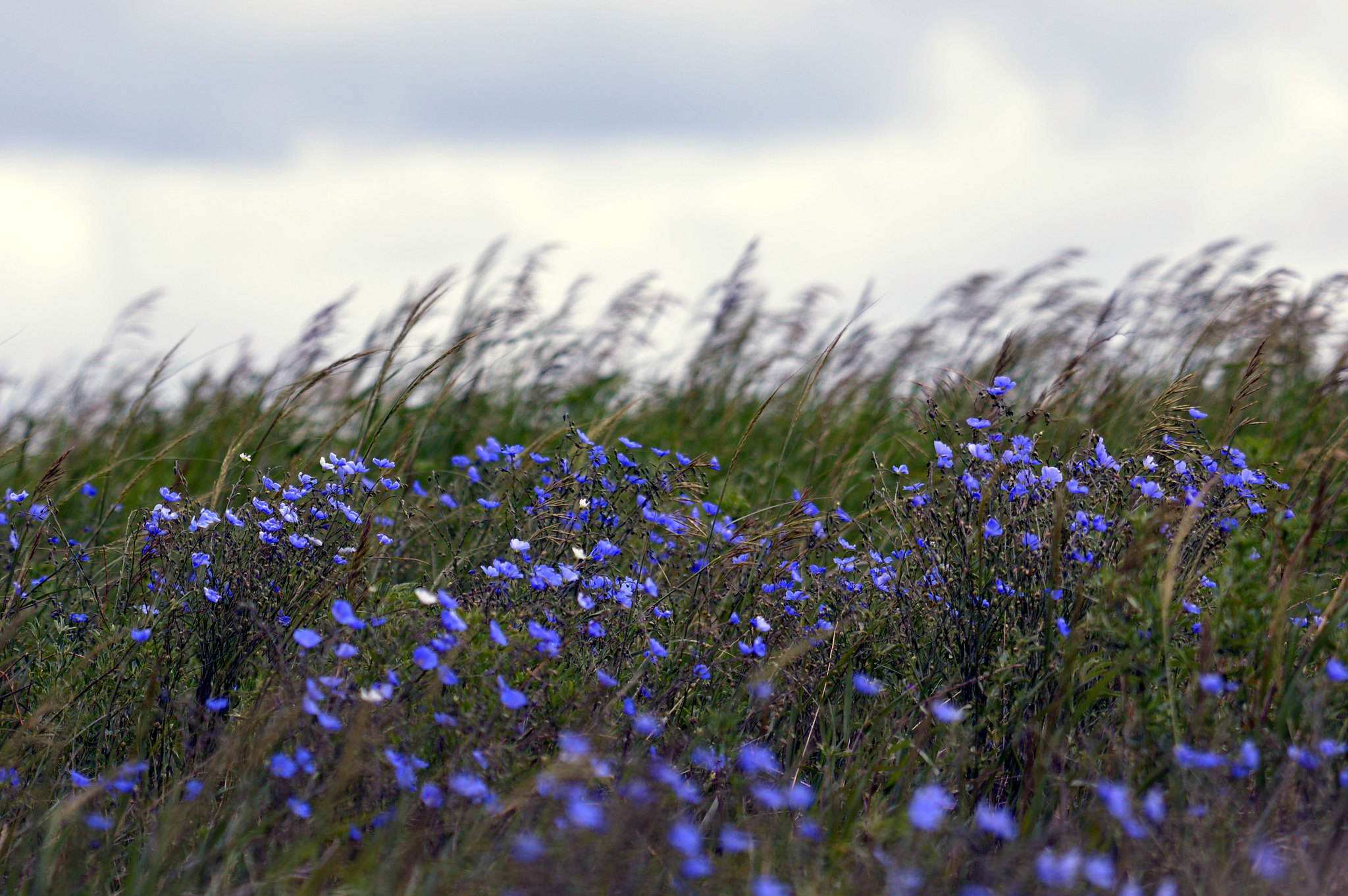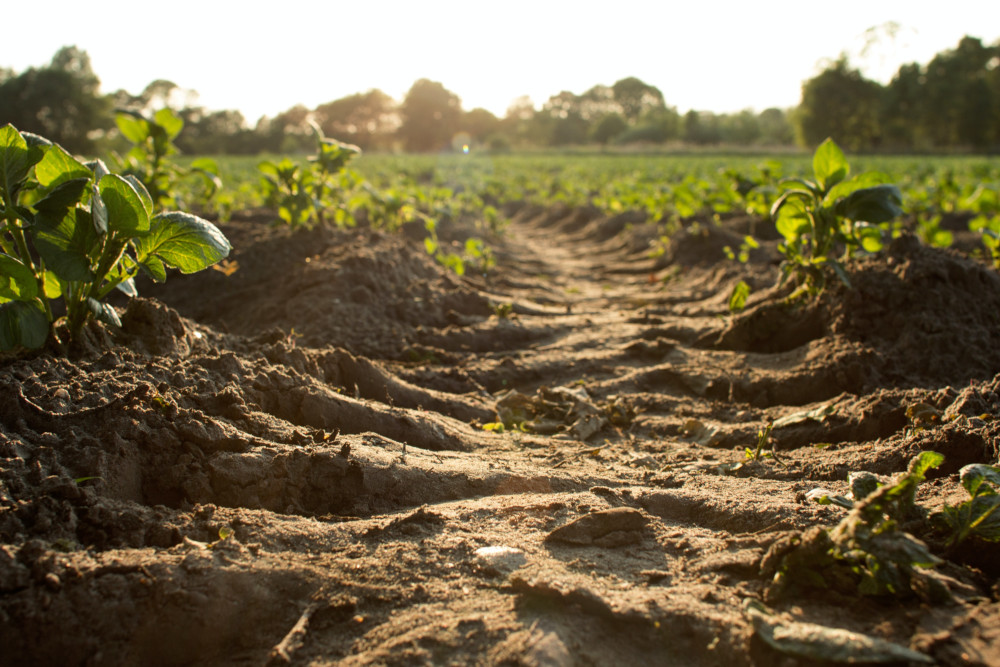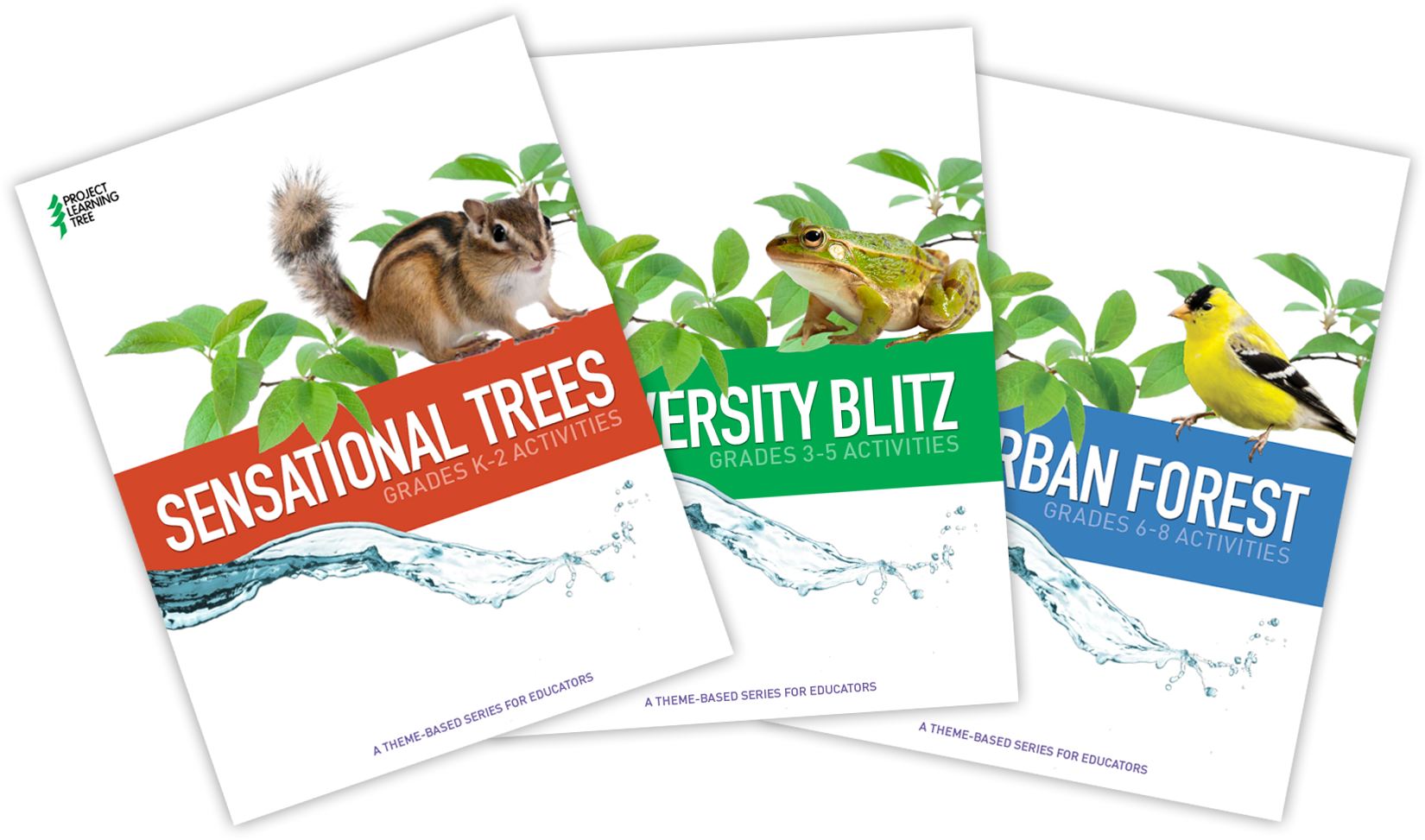November is Native American, or American Indian and Alaska Native Heritage Month. While we should honor, recognize, and celebrate Indigenous Peoples year-round, November is a month to dedicate more time to our individual and respective learning journeys about Indigenous Peoples’ history, culture, knowledge, perspectives, and leadership.
Celebrate Halloween, Batweek, and everything spooky this season with our 14 Halloween-themed activities for students of all ages and levels. Created using recycled materials, our hands-on activity ideas will turn students into scientists using homemade lava lamps, leaf ghosts, monster eyeballs, and more.
Challenge students to use their creative skills to define a habitat, investigate related species, engineer a wildlife corridor, and manipulate an interactive model to demonstrate population growth.
PLT’s new Forest Literacy Framework translates the complex language of forests, trees, and sustainable forest management into concepts that everyone should know by the time they graduate from high school.
While some fires naturally occur and help keep forest ecosystems healthy, 84% of wildfires are caused by human-related activities. Help children learn what causes wildfires and how to prevent them with these student activities.
World Oceans Day (June 8) is the perfect time to explore the water cycle. Take PLT’s Water Wonders activity a step further with these STEM-focused ideas. Students will learn more about the importance of water conservation, how we use and engineer water, and they’ll discover some water-focused careers.
EE Week (April 19-23) is the nation’s largest annual celebration of environmental education. Bookmark these resources to help students celebrate each day, learn about nature, and their connection to the environment.
The theme of Earth Day 2021 is “Restore Our Earth.” Explore the differences between native, non-native, and invasive plants; how invasive plants threaten the environment and why native plants sustain it — and what your classroom can do to get involved.
Soil is unbelievably important for forests and all of life on earth. Help youth understand the negative effects of erosion and encourage soil development with our article and student activity ideas.
PLT’s hands-on activity collections offers fun and multi-disciplinary activities that connect youth in grades K-2, 3-5, and 6-8 to nature and the outdoors.

